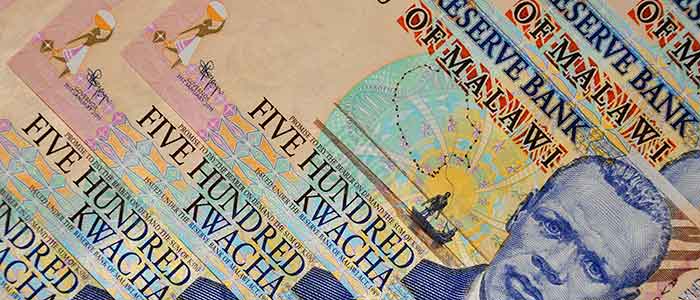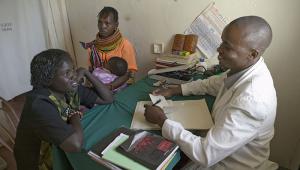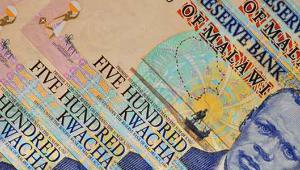Web_MalawiMoney_iStock_000027136172_Large.jpg

Malawi currency
The southeast African country’s agriculture has been hit with a series of shocks, from floods to insufficient rainfall. Weak fiscal discipline is exacerbating the crisis, and tighter purse strings will be key in reversing Malawi’s deteriorating growth prospects, the World Bank said.
Richard Record, lead author of the Adjusting in Turbulent Times report, said: “Malawi is facing twin pressures arising from vulnerability to climate shocks, made worse by fiscal management challenges.
“Government expenditure continues to be under pressure due to the rising cost of servicing debt, increasing wage demands, and the high cost of subsidy schemes.”
While acknowledging the number of factors weighing on the country’s finances, the report said that weak fiscal discipline is the most significant contributor to its macroeconomic instability.
The government is running a large fiscal deficit and borrowing heavily on the domestic market to close the gap, ramping up domestic borrowing levels to four times the amount approved in the budget at the end of the 2014/15 fiscal year.
The World Bank is urging Malawi to tighten the management of its public expenditure, prioritise its expenditures more appropriately and work towards more efficiency in budget execution, public finance and expenditure management.
Referring specifically to the country’s education expenditure, the report recommends a number of measures, such as reducing classroom shortages through better management of existing space, which can improve outcomes in a difficult fiscal environment.
Compared to other countries in the region, Malawi spends more public resources on education than average, yet results remain poor, the bank noted.







